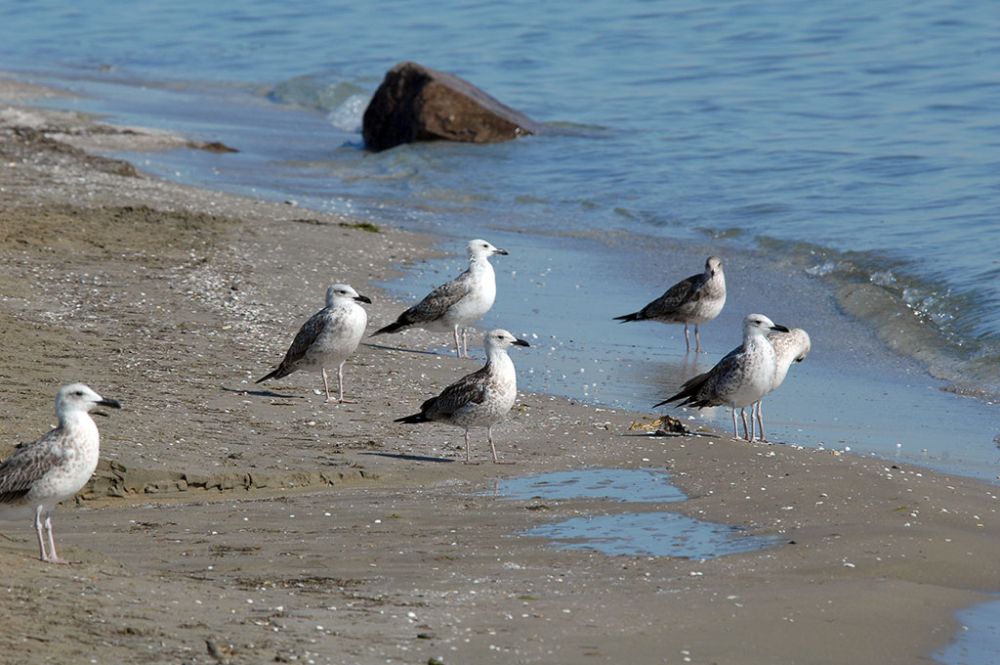

The Hazar Nature Reserve, also known as Hazar State Reserve, is a sanctuary that embodies the serene natural beauty of Turkmenistan. This natural reserve is positioned along the Caspian Sea and is part of the Balkan Province. It was established with the intention to protect and preserve the rich biodiversity of the region, especially the aquatic birds and the unique marine life of the Caspian Sea.
Historically, Turkmenistan has not been widely recognized as a major tourist destination due to its conservative travel policies and limited access. However, with the country gradually opening up, the Hazar Nature Reserve has gained more attention for its unspoiled landscapes and the opportunity to observe rare species in their natural habitat.
The development of tourism in Hazar Nature Reserve began to pick up pace in the early 21st century as Turkmenistan started to implement policies aimed at showcasing its natural wonders and cultural heritage to the international community. Efforts to develop infrastructure around the reserve were made, which included the creation of visitor centers, guided tour services, and observation points for wildlife enthusiasts.
Hazar Nature Reserve offers a haven for nature lovers, with its principal attraction being the ability to observe a myriad of bird species, including flamingos, pelicans, and ducks. Its rich flora and fauna, set against the backdrop of spectacular views of the Caspian Sea, make it a unique and captivating experience for visitors.
Apart from its ecological significance, the reserve boasts a pristine shoreline that provides opportunities for leisurely activities such as bird watching, nature photography, and environmental studies. The reserve also serves as a significant research site for scientists and conservationists aiming to study the marine ecosystems and develop strategies for their preservation.
In recent years, ecotourism has emerged as a significant trend in the tourism industry, and Hazar Nature Reserve is no exception. The rising interest in sustainable and responsible travel aligns well with the conservation goals of the reserve.
Another trend is the increasing popularity of experiential travel. Visitors to the Hazar Nature Reserve are seeking more immersive experiences that go beyond traditional sightseeing. Engaging in activities such as guided eco-tours and wildlife tracking, visitors can have close encounters with nature while contributing to the preservation efforts.
The development of digital technology has also influenced tourism at Hazar. Visitors can now access detailed information about the reserve online, and virtual tours are available for those unable to make the journey. This has helped in raising awareness and inspiring potential future visits.